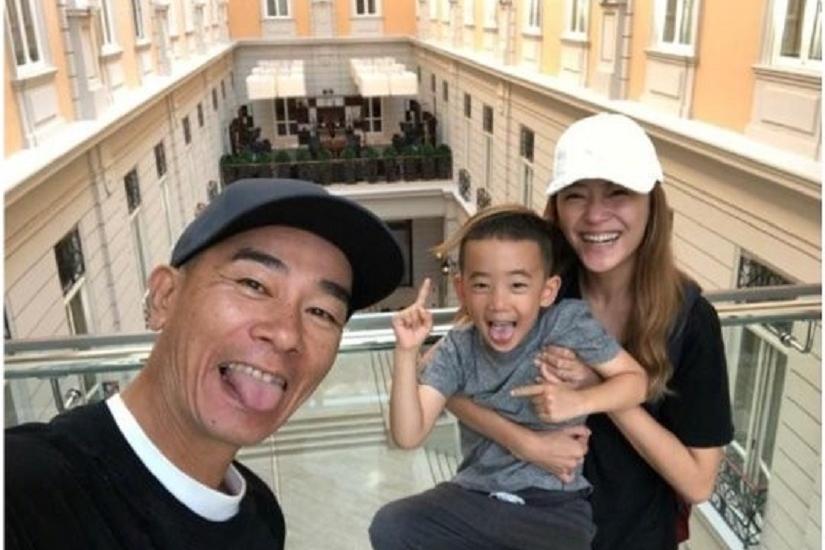
In a July 2022 speech, Hungarian Prime Minister Orbán lashed out against "racial mixing", asserting, as he had done before, that immigration is bad for nations. Yet in fact, on his government's watch, immigration to Hungary from outside the European Union has grown rapidly not only compared to earlier periods but also compared to other EU member states. Part of the growth comes from labour migrants on temporary visas, mostly construction and industry workers who live in dormitories and are invisible to the population, although the country's largest trucking company, closely tied to the government, hired 79 Indian drivers this spring. The sharp contrast between anti-immigrant rhetoric and immigration reality, with promises to police borders between migrant workers and "natives", may be familiar from illiberal migration regimes in the Gulf and Southeast Asia. But some of the growth in immigration comes from lifestyle migrants who live amongst the Hungarian population and whose children go to Hungarian schools. What attracts them to a country that vows to keep migrants out? Research PhD candidate Fanni Beck and I have been conducting among Chinese lifestyle migrants in Hungary suggests that the Hungarian government's nativist ideology may be part of the attraction, and that lifestyle migration from China to Hungary is part of a post-liberal global migration landscape in which values play a more central role than commonly thought.
Image: TV drama series "Where Are We Going, Daddy?" (爸爸去哪兒?)